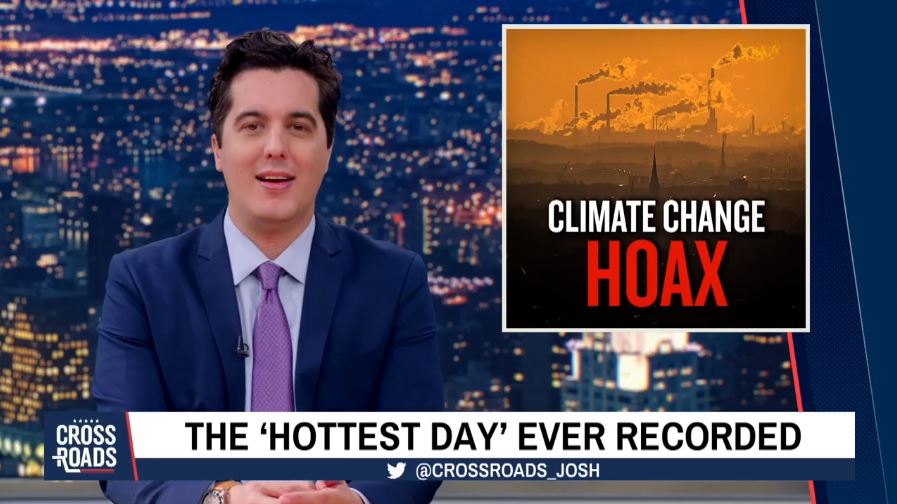
By Jonathan Landay and Mark Hosenball
WASHINGTON (Reuters) – Disease, the rich-poor gap, climate change and conflicts within and among nations will pose greater challenges in coming decades, with the COVID-19 pandemic already worsening some of those problems, a U.S. intelligence report said on Thursday.
The rivalry between China and a U.S.-led coalition of Western nations likely will intensify, fueled by military power shifts, demographics, technology and “hardening divisions over governance models,” said Global Trends 2040: A More Contested World, produced by the U.S. National Intelligence Council (NIC).
Regional powers and non-state actors may exert greater influence, with the likely result “a more conflict-prone and volatile geopolitical environment” and weakened international cooperation, it said.
The report by top U.S. intelligence analysts, which is produced every four years, assessed the political, economic, societal and other trends that likely will shape the national security environment in the next 20 years.
“Our intent is to help policymakers and citizens … prepare for an array of possible futures,” the authors wrote, noting they make no specific predictions and included input from diverse groups, from American students to African civil society activists.
Challenges like climate change, disease, financial crises and technological disruption “are likely to manifest more frequently and intensely in almost every region and country,” producing “widespread strains on states and societies as well as shocks that could be catastrophic,” the report said.
It said the coronavirus pandemic that has killed more than 3 million people marked the greatest “global disruption” since World War Two, with the consequences likely to last for years.
COVID-19, it said, exposed – and sometimes widened – disparities in healthcare, raised national debts, accelerated nationalism and political polarization, deepened inequality, fueled distrust in government and highlighted failed international cooperation.
In the process, it is slowing – and possibly reversing – progress in fighting poverty, disease and gender inequality.
Many problems caused by the pandemic are forecast by the report to grow by 2040.
“There is a certain set of trends that we’ve identified that seem to be accelerating or made more powerful because of the pandemic,” said an NIC official, speaking on condition of anonymity.
The report posed five scenarios for what the world might look like in 2040.
The most optimistic – a “renaissance of democracies” – found that democratic governments would prove “better able to foster scientific research and technological innovation, catalyzing an economic boom,” enabling them to cope with domestic stresses and to stand up to international rivals.
The most pessimistic scenario – “tragedy and mobilization” – posited how COVID-19 and global warming could devastate global food supplies, leading to riots in Philadelphia that kill “thousands of people.”
(Reporting by Jonathan Landay and Mark Hosenball in Washington; Editing by Tim Ahmann and Peter Cooney)












